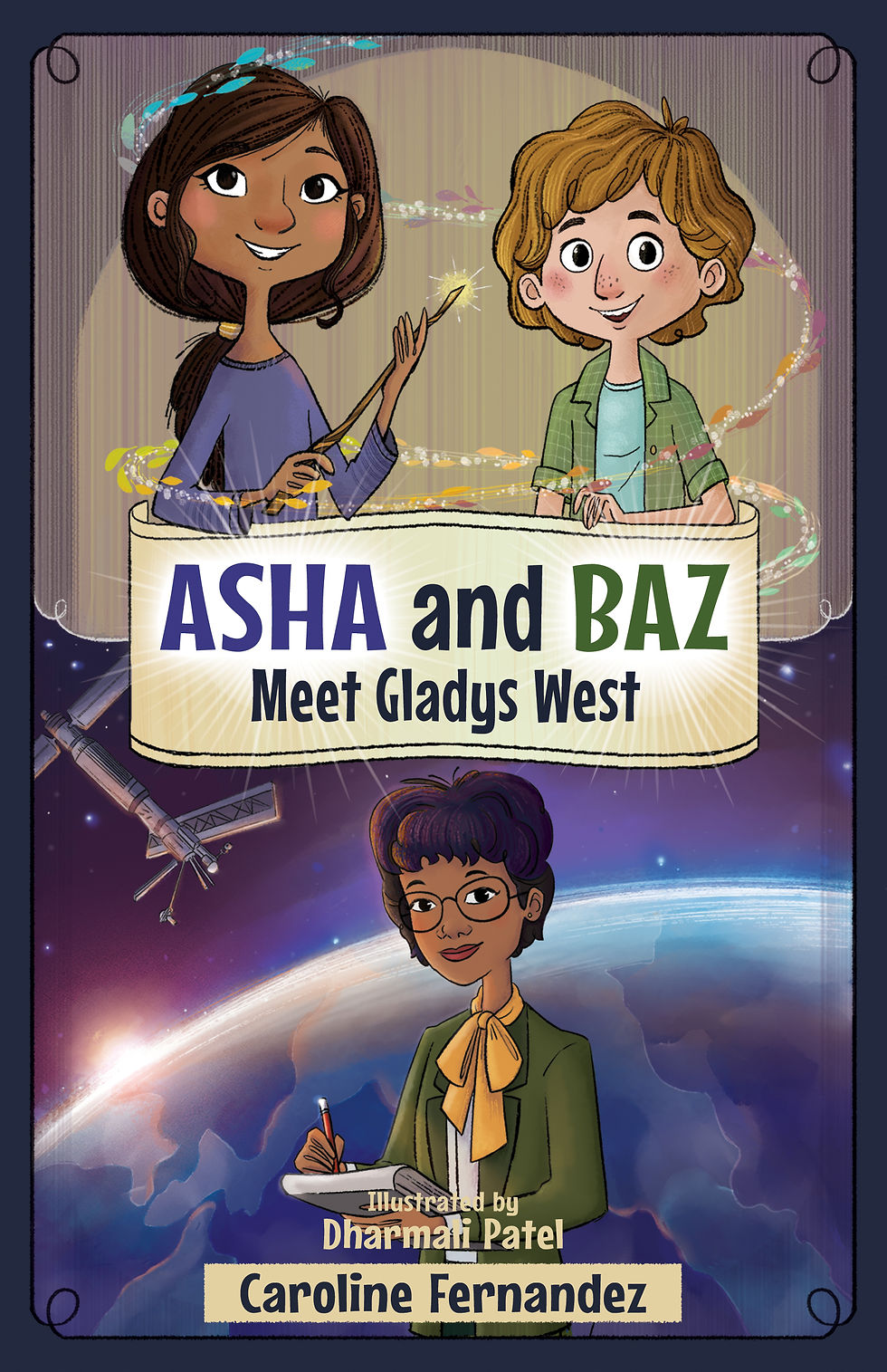Q&A With ARK's Jess Miller — Part 2
- Siobhan Bothwell
- May 21, 2018
- 3 min read
Welcome back the the CDP blog! Last week we shared part one of a Q&A with Jesse Miller, author of ARK and Unwrap Your Candy. Today we're back with the second half of the interview.
Read on to find out more about ARK, hope, and inspiration.

What are you hoping readers to take away from ARK?
I don’t know—that’s a hell of a question. And there’s that big word in there, hope.
I’d love for someone to read Kurt Vonnegut’s preface to Anne Sexton’s Transformations and to come across and puzzle on the diagram for the story of Cinderella.
And I’d love for that person to think about how the diagram of this book might start out fairly high on the vertical axis and then cascade down the emotional chart of it all rather dramatically, only sloping back up toward the end.
And I’d really love to imagine that that particular someone would see the nod there to KVJ’s diagram, only that on the diagram for ARK, the slope and uptick would look suspiciously like the plunge and slight lift of a high heel.
I’d love for that person to laugh.
Short of that, there’s that Billy Collins poem I use with my students sometimes right when we start talking about poems titled “Introduction to Poetry,” with the line about how he wants his students to “waterski across the surface of the poem waving at the author’s name on the shore”—I suppose I’d love for that to happen, for the reader to enjoy the delights of the waves and language in this book, the labored over frippery. And I suppose unlike the ultimate reality of Collins’s poem, I wouldn’t be terribly heartbroken if a reader did try to torture a confession of meaning out of the book, at least a little bit.
Maybe I’d like the reader to ultimately submerge in the book, or to swim in the book, to submit to the what I might think of the magic eye, or even the magic ear of the book—eventually they’ll see and hear the mechanics, how the rhythm and language—the liquidity—of the book works, and they’ll know how to navigate the waves.
Or they won’t. Some people never see the thing they’re supposed to see.
Is there a meaning behind your books?
Of course, there’s a meaning, but I’m not certain I could or would even want to explain it—not really.
Reading, like writing, is a way of understanding the world, of meaning-making, and we read to understand the world we live in. And while empirically true, of course, that all sounds a bit tritely academic, so how about this: Maybe the meaning is to believe in the possibility of personal transformation, and to believe in the ability to recast yourself into something new, even if the current version of yourself is inert and utterly impossible.
I suppose there’s something very American in that idea, in its ethos, stamped into its DNA, that if it doesn’t work, you can pick up and move on and start again.
Born again hard, right? Really, though, if we don’t believe change is possible, if we don’t carry hope with us somewhere, if we don’t believe there is a something better than what is in front of us, then I suppose that is the beginning of the curtain closing, and the confirmation we feared along—without hope, the world is its predictably evil self, and we are doomed on every single level.
How does ARK compare and contrast against other similar books?
I can't think of a book that's really in the vein as ARK. I don’t think it would be unfair to regard it as a very weird book; I do hope it would be unfair to see it as mostly derivative. I’m not sure a lot of books try to Easter egg the name of the protagonist inside the novel as valentine to those really old fairy tales that place a certain value on the NAME of a character.
Regardless though, with the exception of the Kotzwinkle novel, I've drawn a great deal of inspiration from the following books. One of my writer friends thought there was some linguistic analogs there, so I added it to the list, only attending to that title after I had finished and was preparing my novel for final publication with Common Deer Press. Maybe this would be the mixtape for ARK, at least side A:
A Clockwork Orange by Anthony Burgess
Ulysses by James Joyce
If on a Winter's Night a Traveler by Italo Calvino
The Fan Man by William Kotzwinkle
Big Sur by Jack Kerouac
Women & Factotum by Charles Bukowski
Transformations by Anne Sexton




Comments